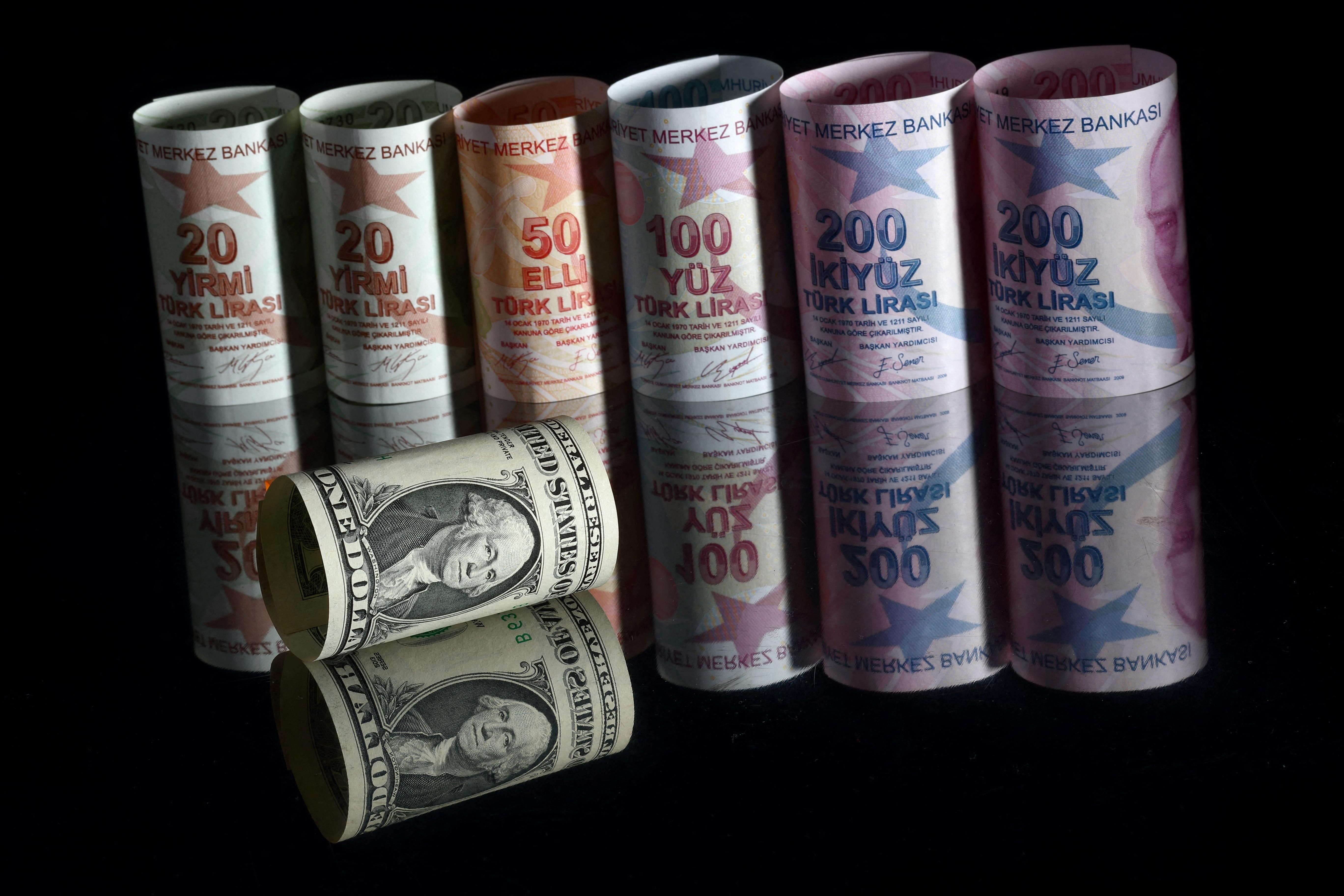49: Turkey recorded an annual inflation rate of almost 49%, a 20-year-high, on Thursday. President Recep Tayyip Erdogan, who has said soaring inflation would be temporary, continues to prioritize exports and remains opposed to interest rate hikes. Turkey’s Central Bank meets on Feb. 17 to discuss interest rates but is not expected to change course.
3 billion: President Imran Khan is visiting China, hoping to secure $3 billion in Chinese loans to help shore up Pakistan’s dwindling foreign reserves. But some analysts say Beijing might be reluctant to cough up because of Islamabad’s failure to make good on earlier loans.
50,000: An oil production vessel carrying 50,000 barrels exploded off the Nigerian coast on Thursday, causing a massive oil spill. The fate of the 10 crew members is not yet known. It is unclear how much oil was spilled or what the environmental impact will be.
20: At least 20 Argentinians died – and dozens were hospitalized – after ingesting cocaine tainted by a poisonous substance. Authorities say it could be a result of turf wars between rival drug traffickers. The Triple Frontier, a junction Argentina shares with Paraguay and Brazil, is one of the world’s most active drug trafficking corridors.CORRECTION: An earlier version of this article said that Argentina shares a border with Panama rather than Paraguay. We regret the error.
More For You
Europe can no longer rely on the US and must step up to defend its own future, Ian Bremmer reports from the Munich Security Conference.
Most Popular
Think you know what's going on around the world? Here's your chance to prove it.
A poster featuring Andrew Mountbatten-Windsor, formerly known as Prince Andrew, is installed on a sign leading to the parking area of the Sandringham Estate in Wolferton, as pressure builds on him to give evidence after the U.S. Justice Department released more records tied to the late financier and convicted sex offender Jeffrey Epstein, in Norfolk, Britain, February 5, 2026.
British police arrested former Prince Andrew Mountbatten-Windsor today over allegations that in 2010, when he was a UK trade envoy, he shared confidential government documents with convicted sex offender Jeffrey Epstein.
